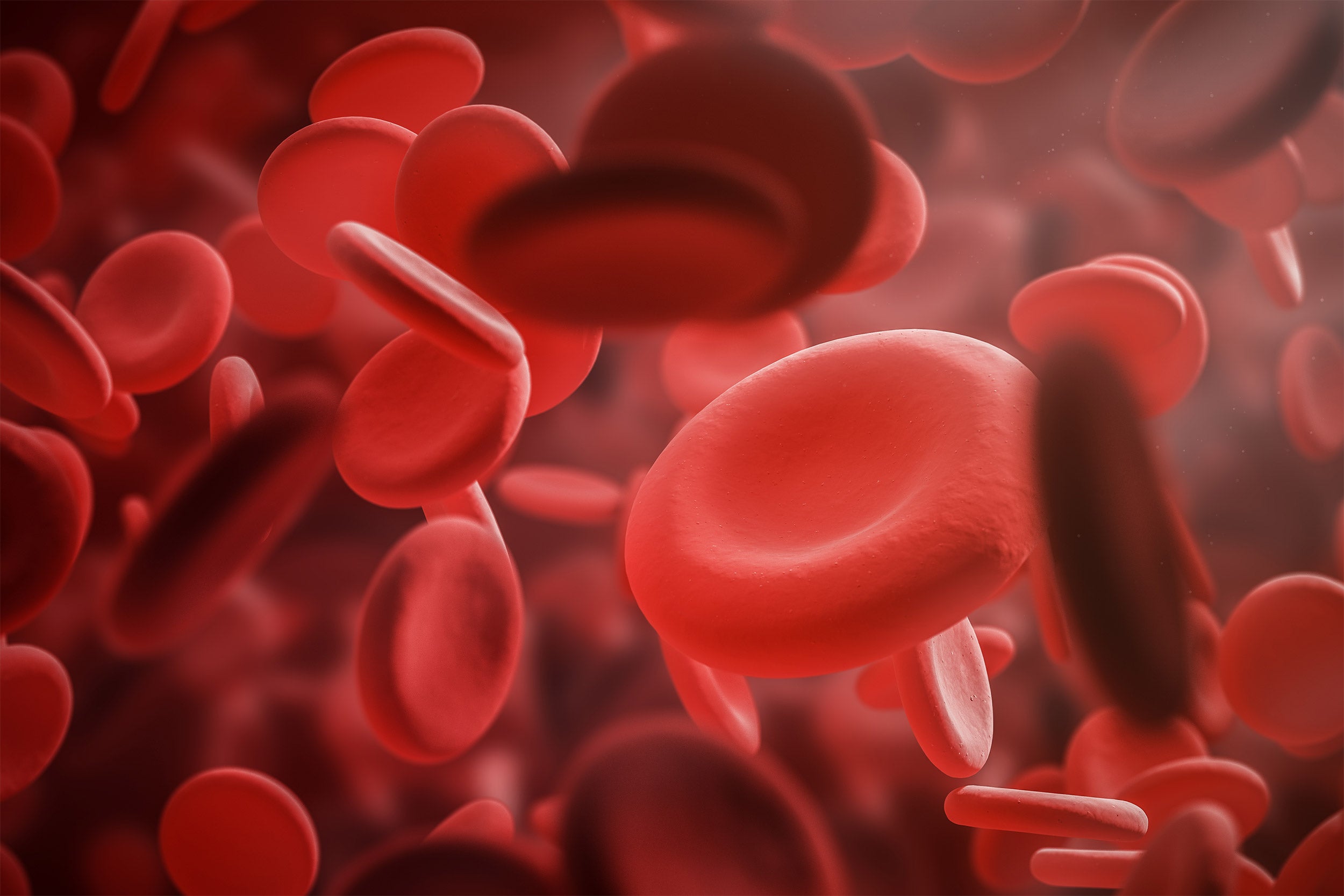Solid vaccine eliminates acute myeloid leukemia in mice
A new study presents an alternative treatment for acute myeloid leukemia (AML) that has the potential to eliminate AML cells completely.
Jan. 14, 2020 • ~10 min
New technique being developed to therapeutically repair and replace human organs
A new technique called SWIFT (sacrificial writing into functional tissue) ultimately may be used therapeutically to repair and replace human organs with lab-grown versions containing patients’ own cells.
Sept. 6, 2019 • ~7 min
Exposing how pancreatic cancer does its dirty work
New research has found that pancreatic cancer actively destroys nearby blood vessels and replaces them with cancerous cells, blocking chemotherapy from reaching tumors. This insight could lead to new treatments that act by preventing cancer’s colonization of blood vessels.
Aug. 28, 2019 • ~8 min
Solution to pancreatic cancer puzzle is discovered
New research has found that pancreatic cancer actively destroys nearby blood vessels and replaces them with cancerous cells, blocking chemotherapy from reaching tumors. This insight could lead to new treatments that act by preventing cancer’s colonization of blood vessels.
Aug. 28, 2019 • ~8 min
Ultra-soft underwater grippers reach next level of perfection
To study jellyfish and other fragile marine life without damaging them, researchers developed ultra-soft underwater grippers that catch and release jellyfish without harm.
Aug. 28, 2019 • ~8 min
Yeast is getting a boost from solar power
Harvard researchers have started to combine bacteria with semiconductor technology that, similar to solar panels on a roof, harvests energy from light and, when coupled to the microbes’ surface, boosts their biosynthetic potential.
Nov. 29, 2018 • ~7 min
Yeast is getting a boost from solar power
Harvard researchers have started to combine bacteria with semiconductor technology that, similar to solar panels on a roof, harvests energy from light and, when coupled to the microbes’ surface, boosts their biosynthetic potential.
Nov. 29, 2018 • ~7 min
/
1

